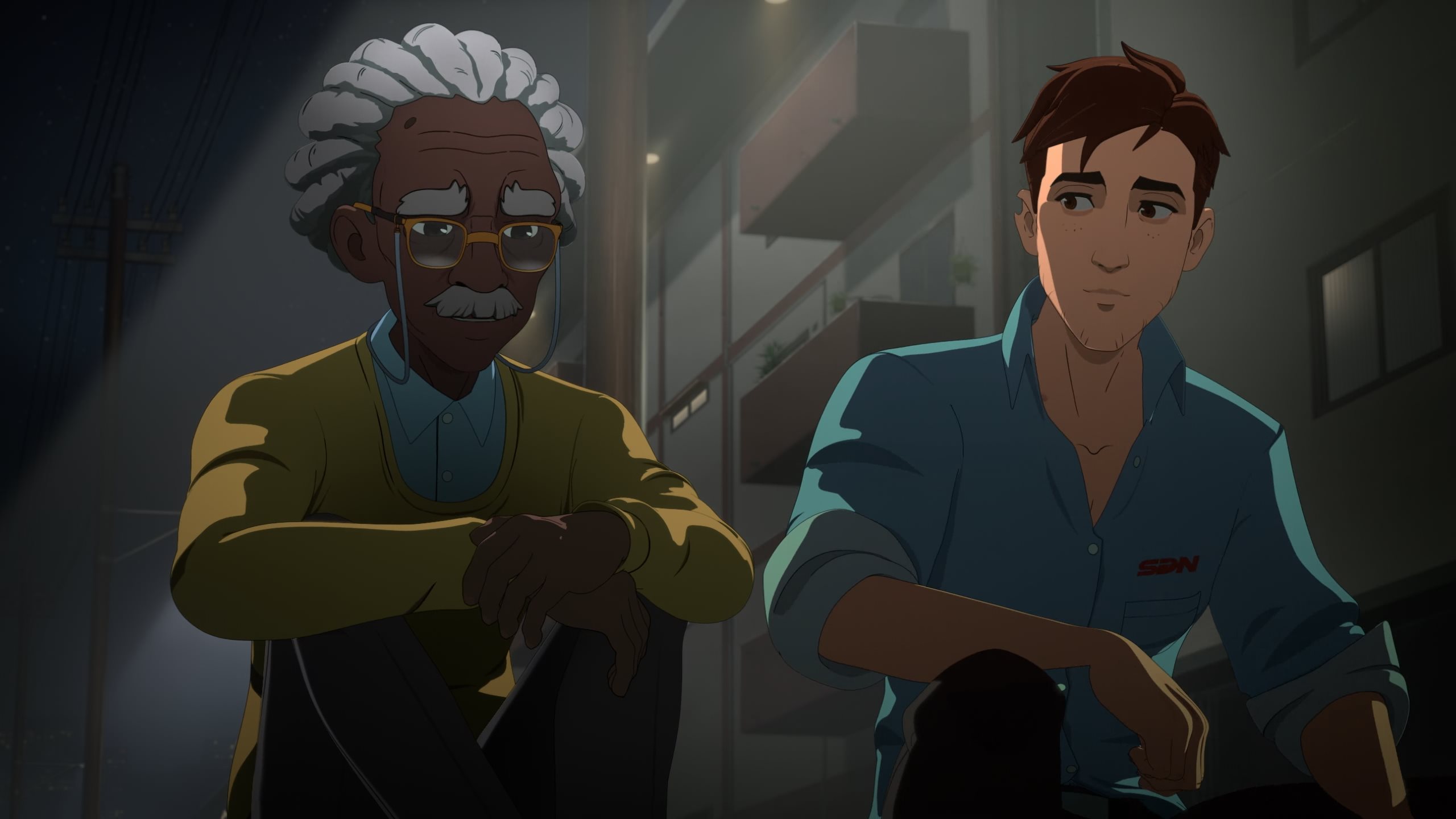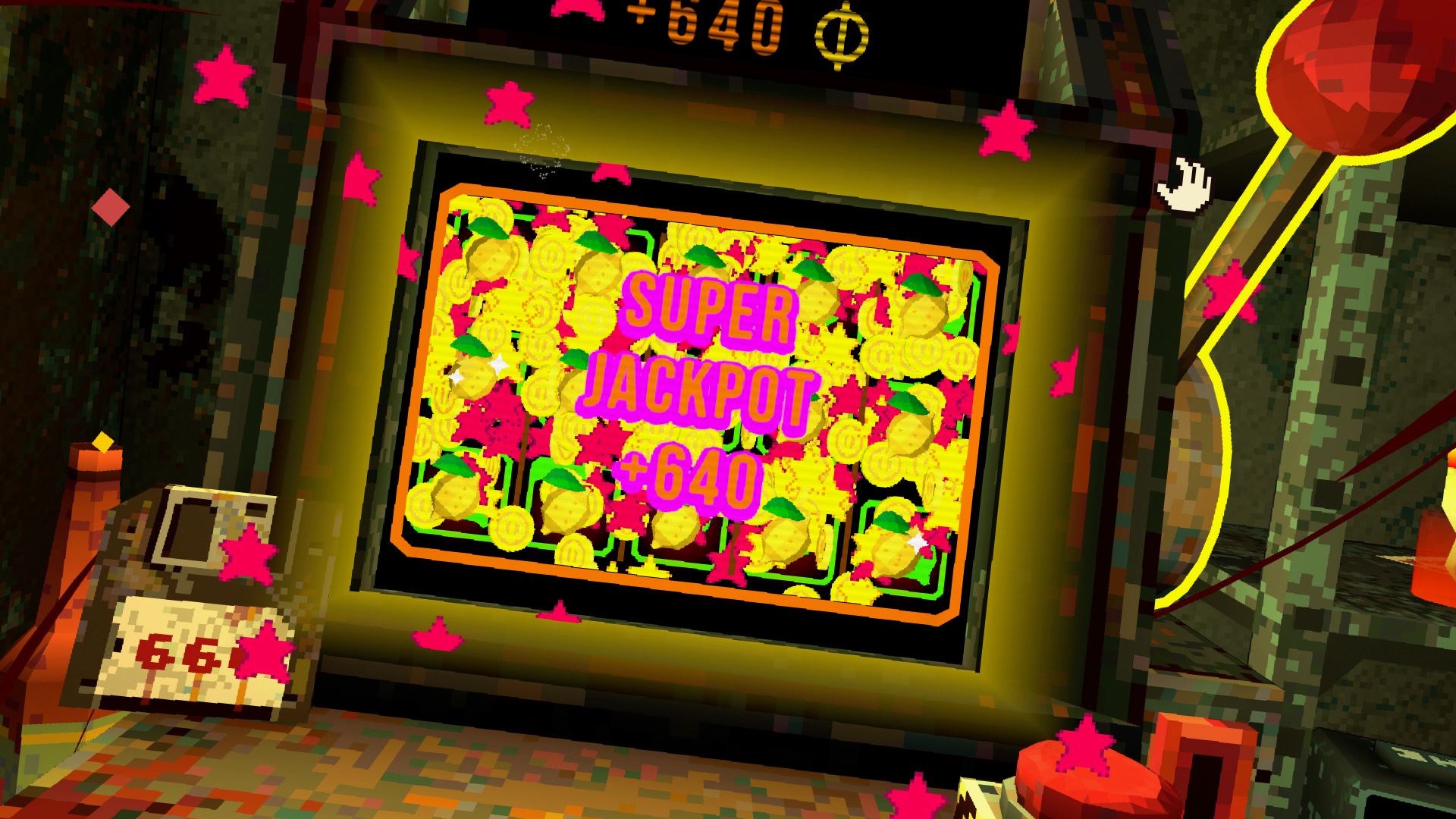Review: Dispatch’s Superpower Is In Its Impeccable Character Writing
November 17, 2025
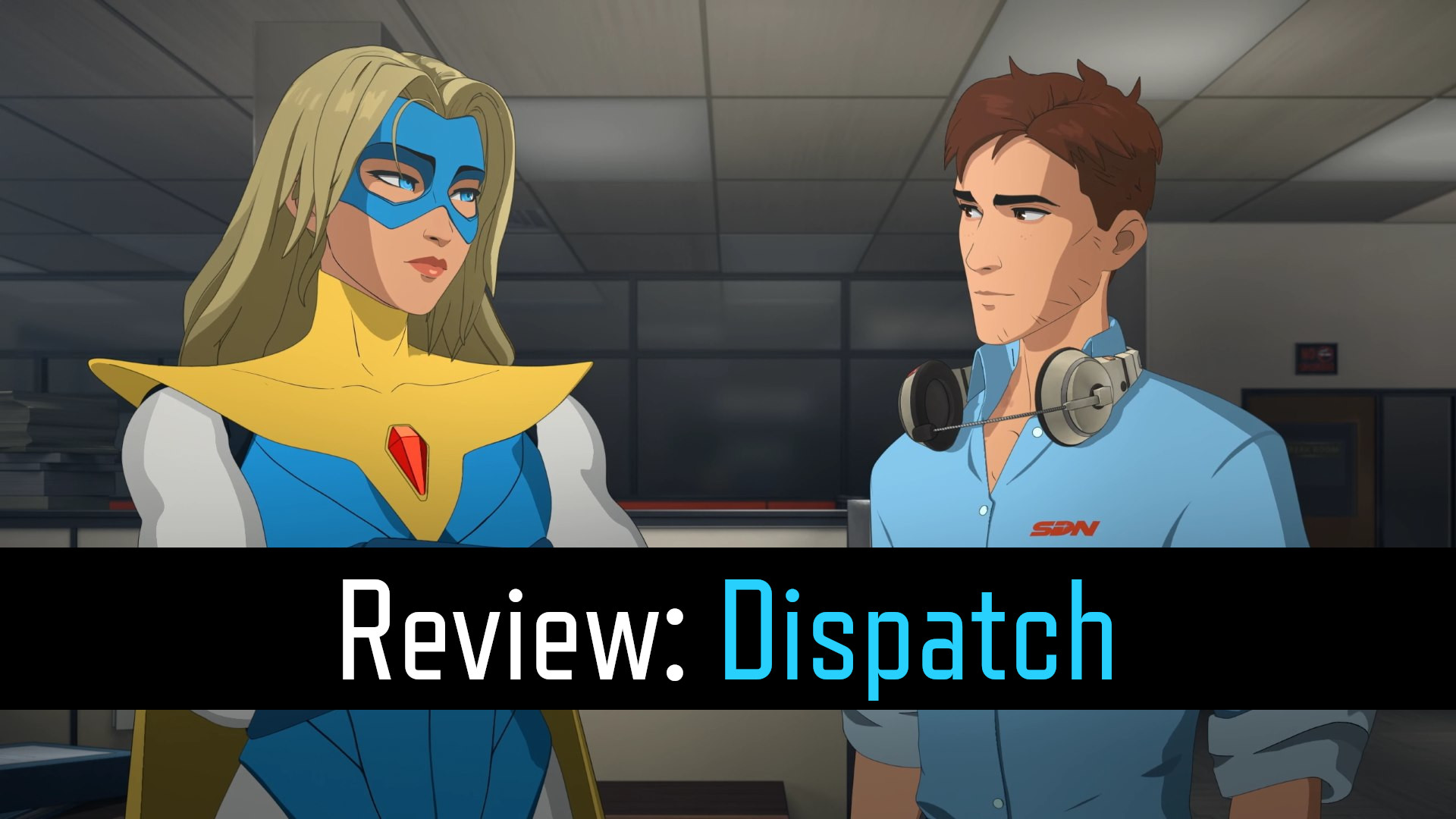
Episodic story games carry quite the strong legacy with them. Even with Dispatch, one of the most impressive games in the genre over the last several years, it’s almost impossible to overlook its Telltale roots. Dispatch doesn’t need to concern itself with any comparisons, however, because what it presents to players is some of the most convincing character writing that the genre has ever seen. With both impeccable writing and direction, Dispatch stands as a shining example of what can be creatively done with the medium.
Enjoyability: 12/12 — A Captivating Cast
The bulk of Dispatch’s charm comes from its humor. It’s unserious. It’s vulgar. It’s unbelievably snarky. It’s funny. What makes it all work is Dispatch’s great sense of timing. The game has a fantastic understanding of how to develop a scene. Dispatch really respects players’ interest in the story. Heavy moments feel heavy. But when there’s an opportunity to cut through the intensity of a scene — in a way that adds to the sequence — Dispatch always takes that option. The game’s humor seamlessly complements the experience, never taking away from it.
What really comes through when playing Dispatch is the personality of its characters. Honestly, I would say that Dispatch is more of a character game than a story game. The cast is always the main priority. How everyone interacts is crucial to the experience. It just so happens that the Z-Team and everyone surrounding Robert has a knack for getting laughs out of people. Their distinct personalities and unserious ways of talking to each other, it all makes for a very fun time. Dispatch is an incredibly entertaining game to play through.

Gameplay: 9/12 — Calls and Choices
Now, the gameplay is certainly not Dispatch’s specialty — it is a narrative-driven game, after all — but what the game offers is more than adequate. What is special about episodic story titles like Dispatch is that the game being driven by player choices adds a lot to the overall engagement.
Player choices in Dispatch may not always feel significant, but there are some very impactful decisions that can be made. It goes well beyond pursuing Blonde Blazer or Invisigal romantically. Some decisions made in the first chapters will truly matter in the long-term. Some players may still not feel like that’s enough, though, as the game’s story still is relatively linear.
Despite all that talk about player choices, Dispatch’s identity as a game is arguably defined more by its dispatching. The core mechanic plays out exactly how it sounds. Answering calls and assigning heroes may not sound that interesting, but it’s surprisingly alluring. The shifts aren’t cakewalks, as they do require a good amount of planning and proper character use. Characters have different skills, which can help a lot when used wisely. Really, the only thing that holds dispatching back is the hacking, which isn’t even bad outside of random difficulty spikes on certain non-important assignments.
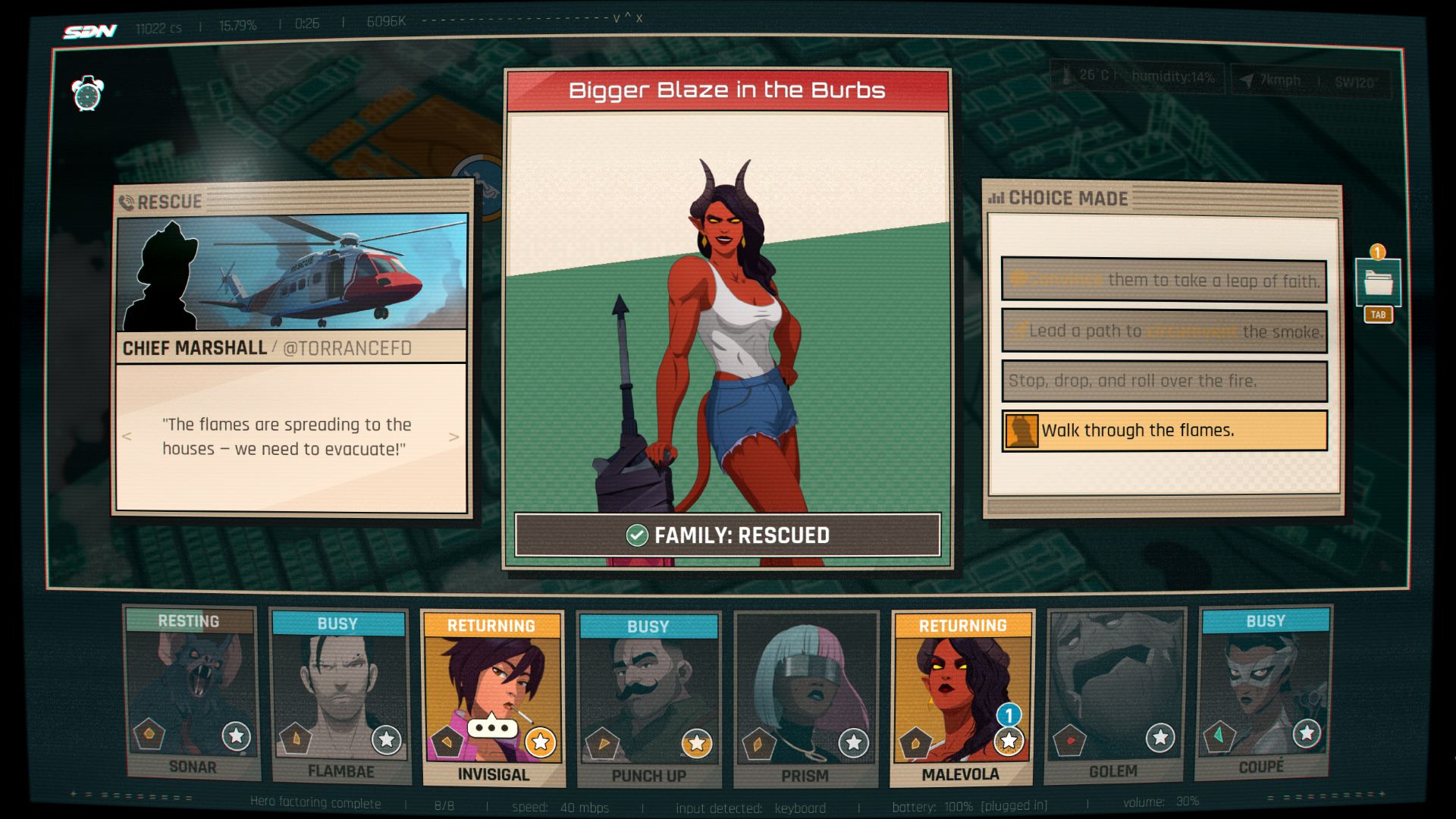
Atmosphere: 11/12 — A Different Look at Heroism
Unlike most stories centered around superheroes, Dispatch doesn’t care to develop its world much. It just is what it is. Shockingly, that does actually prove to be more than enough. Context isn’t necessary because players are seeing things through Robert’s eyes. His life of heroism is mostly irrelevant. What matters more is his life as a dispatcher now. That means getting more in touch with the mundane. The superhero workplace that is SDN is supposed to seem like a cruel, mundane punishment for Robert at first, but that embracing of mundanity is actually what makes the game feel special.
Superhero stories don’t often care to look into the psyche of former villains, but Dispatch is all about that. The Z-Team isn’t made up of wholly evil individuals. They have troubled pasts. They feel like outcasts in society. Dispatch never needs to spell that out. It’s simply understood that the game’s world isn’t void of the problems in our own reality. Powers aren’t inherently good or bad, but there’s this vague sense that they can define people one way or another. Dispatch very much succeeds in its mission to spotlight the complications that can come with a world based around superheroes.
When it comes to the game’s atmosphere, I feel like Dispatch’s soundtrack should also absolutely get a mention. It deserves more respect, because it always does a fantastic job of maintaining the immersion. Whether the moment calls for something harsh or something emotional, the OST does not disappoint.
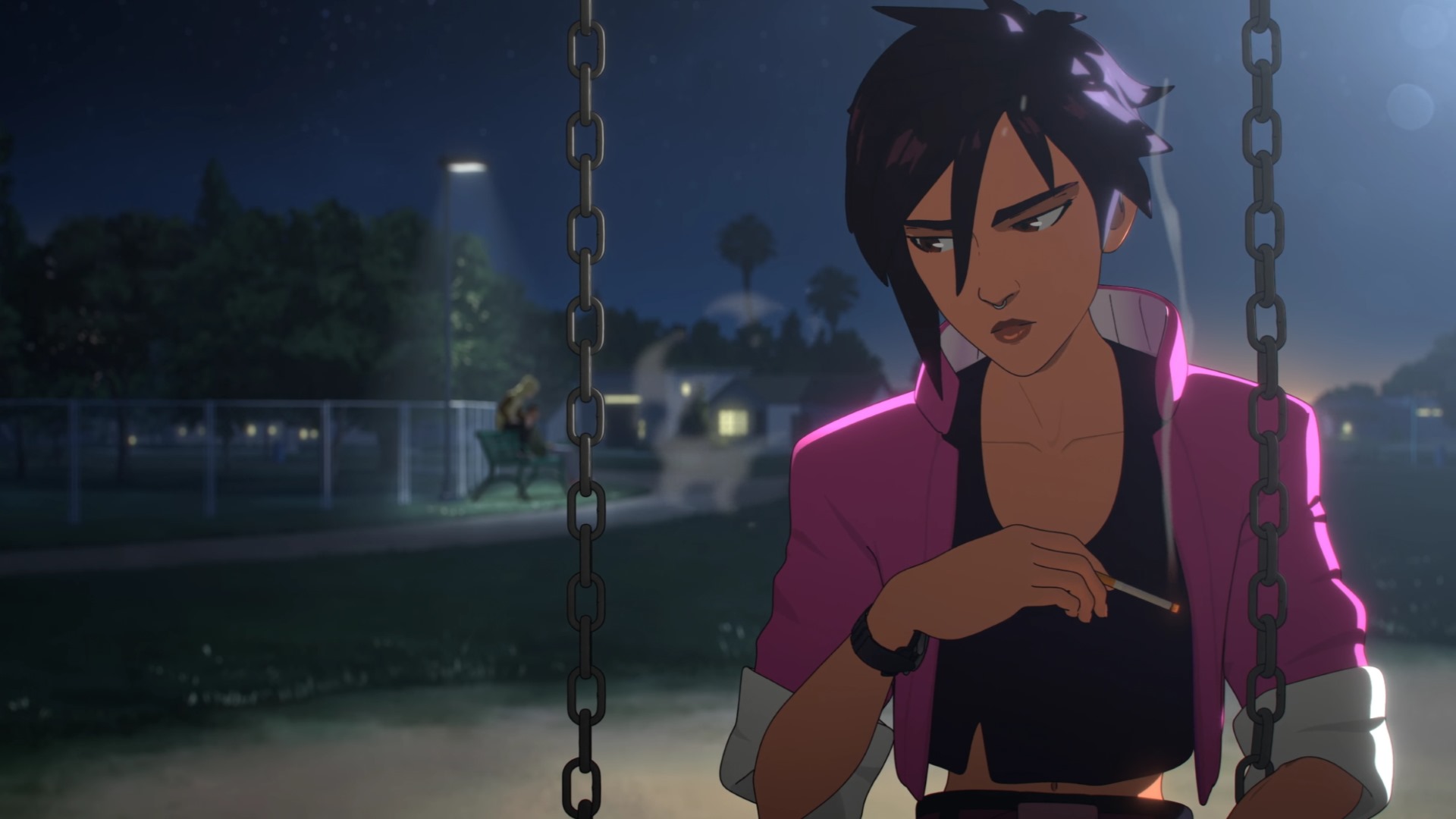
Design: 10/12 — Rinse and Repeat
The episodic structure of Dispatch means that there are natural breaks between every major story arc. The game never feels overwhelming, because it never tries to do too much with its time. Dispatch follows the same basic formula in most of its episodes. While that does get a bit predictable, the game does enough to keep that interesting. If anything, that standard formula gives players something to always look forward to. More opportunities to interact with the cast, both in and out of dispatching, is very welcome while playing.
Related Read
Where the game sees the most change between every episode is actually in the dispatching. Every new episode marks a jump in the difficulty. Dispatching starts off simple, but it gradually starts to push you into uncomfortable positions. Truthfully, Dispatch, through its run, doesn’t get the chance to fully develop its gameplay, but it makes a strong case for itself in that time. Dispatching never feels like an afterthought in design. By all means, it enhances the experience.
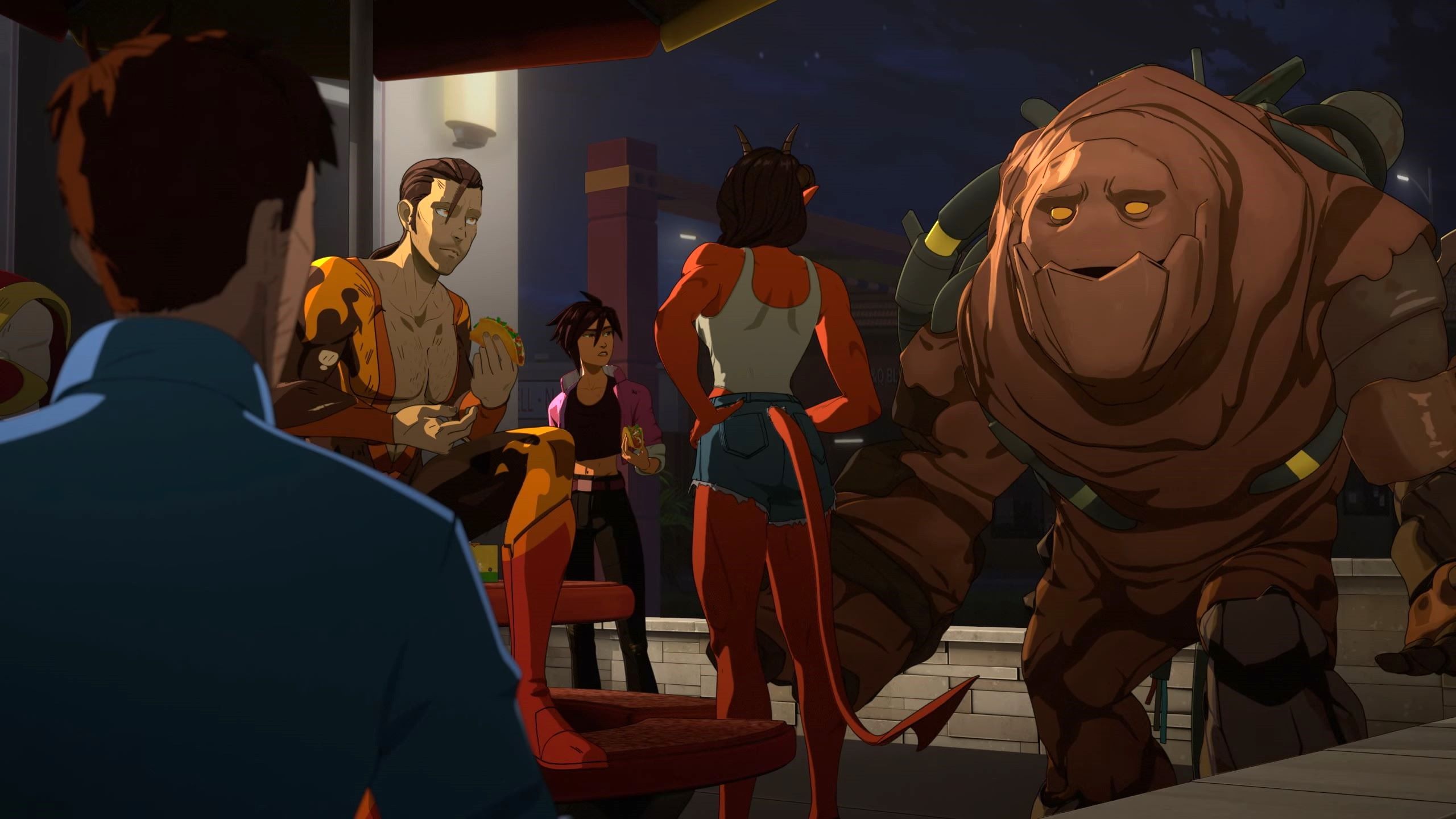
Direction: 11/12 — Beautiful Storytelling
Dispatch works as well as it does because of two things: good vision and good execution. Dispatch isn’t just some haphazard attempt to parody the superhero genre. Its writing is much more intentional than that. The way Dispatch develops its story and characters is actually pretty sophisticated, which is ironic considering how vulgar the game can get. But truly, there is an artistic aspect to how the narrative unfolds. Plenty of scenes are filled with purpose beyond their immediate value. The emotional weight of certain moments is never lost on the player.
The messaging and themes stand out quite a lot. The characters are essential to that. In many ways, Dispatch is about redemption. It’s about the complexity of having to meet expectations, with failure always potentially on the horizon. All of that only resonates so much because the writing feels that grounded. Dispatch concerns itself with a world full of superheroes, but it covers very real issues and emotional battles. Perhaps Dispatch gets a bit too sappy or silly sometimes, but it’s a beautiful experience that will leave a lasting impact on many.
